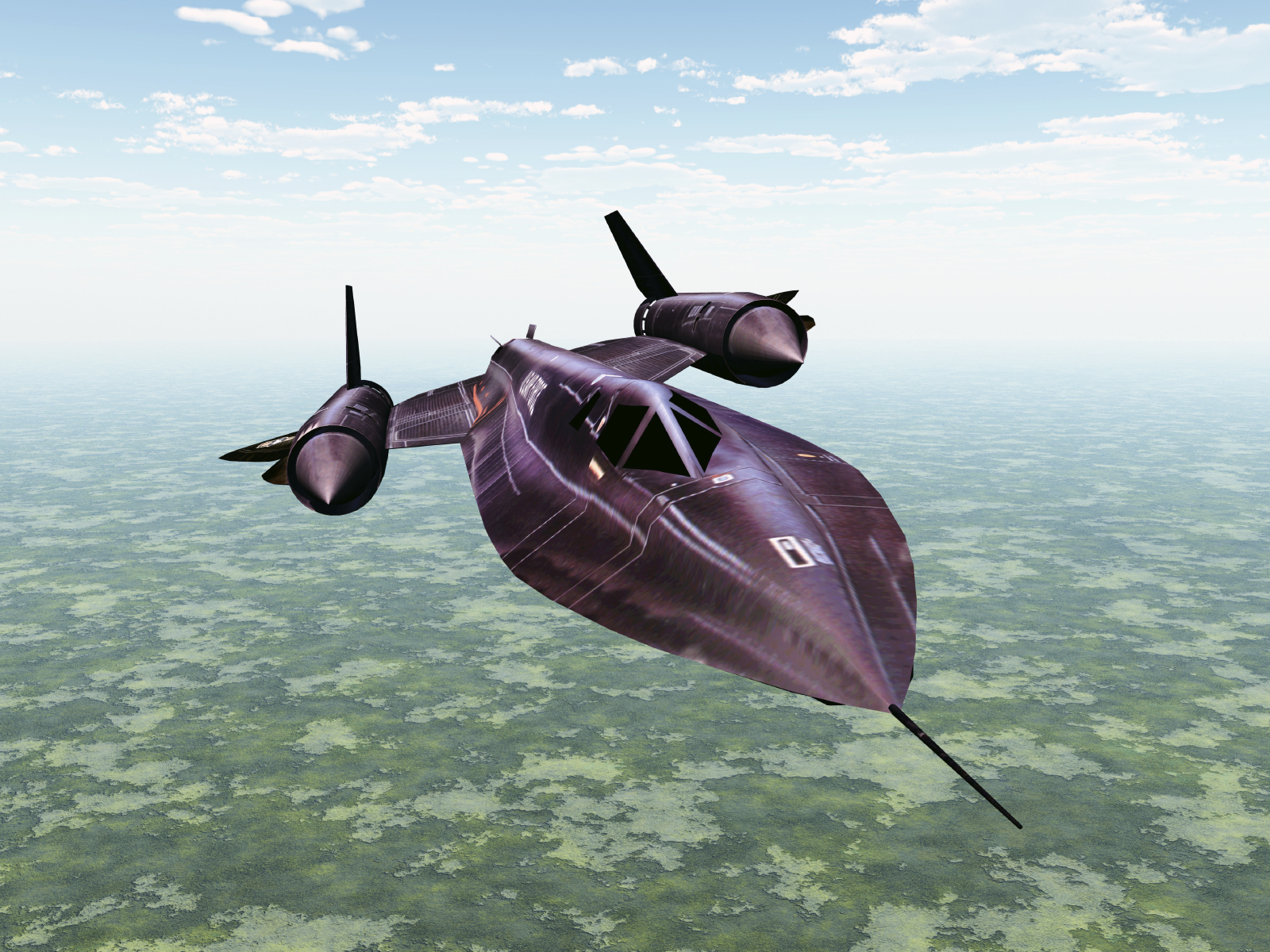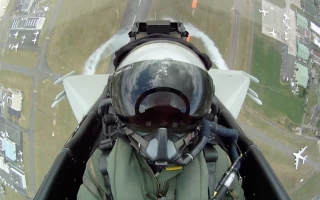One of the most famous employees in the history of MTU Aero Engines was Robert L. “Silver Fox” Stephens (1921-1984), a 20th-century American aviation pioneer. After completing his engineering degree at Texas A&M University, he joined the United States Air Force in 1943. In 1952, “Silver Fox,” as he was called because of his prematurely gray hair, began his career as a test pilot at the Edwards Air Force Base in California. In 1963, he became test director and chief pilot—and subsequently record-breaking pilot—for the supersonic (Mach 3) Lockheed SR-71 aircraft, the legendary “Blackbird,” which was developed as a highly classified project.
On May 1, 1965 he broke the world record for speed and altitude in the Blackbird test version YF-12A. Over a distance of 17 kilometers at an altitude of 80,257 feet (24.5 kilometers), he and his copilot achieved an average speed of 2,070 miles per hour (3,188 kilometers per hour or roughly Mach 2.6).
In 1973, MTU managed to recruit Stephens as its representative for North America. “Back then, hardly anyone in the airlines or the aviation industry had even heard of MTU,” recalls Franz Weinzierl, who was senior sales employee and project manager for the development of commercial maintenance at MTU up until his retirement. “Stephens changed all that. A national hero with all kinds of accolades to his name, he had unrestricted access to all the major players of the U.S. aviation industry.”















